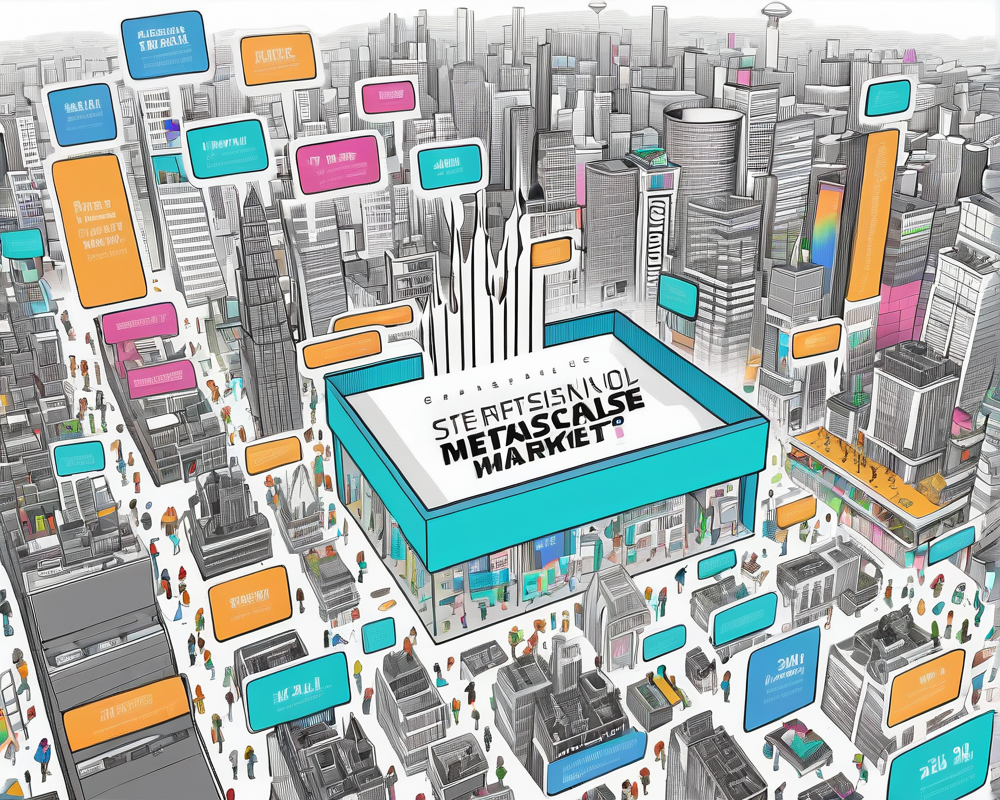Venezuelan Government’s Bold Move
In an audacious step, the Venezuelan government recently approved a tax bill that could see up to 20% taxation on cryptocurrency transactions. Yes, you read that right. If you thought dodging taxes was a thing of the past, welcome to the future where even Bitcoin can’t dodge the almighty taxman!
What’s in the Bill?
Under the new law, discussed in the National Assembly, local businesses and individuals dealing in cryptocurrencies like Bitcoin must brace themselves for a tax bill. These taxes aren’t just limited to crypto either; they extend to foreign currencies, including the less popular, but still troublesome, U.S. dollar.
Here’s the Breakdown
- Tax rates from 2% to 20% will apply to transactions conducted in currencies other than the Venezuelan bolivar or El Petro.
- The aim is to nudge citizens towards using the national currency, which, let’s face it, has seen better days—losing over 70% of its value just last year.
- This is essentially a desperate attempt to breathe life into a drowning economy.
A Little Context, Please
If you think this comes out of nowhere, you’re not entirely wrong. Bitcoin has been gaining traction in Venezuela as thousands flock to cryptocurrency due to the ongoing hyperinflation. With the bolivar taking a nosedive, locals are embracing cryptocurrencies like a lifebuoy on a sinking ship. Who wouldn’t want to pay for their avocado toast with Bitcoin when the national currency is as reliable as a chocolate teapot?
Why the Sudden Interest in Cryptocurrencies?
For many Venezuelans, cryptocurrency isn’t just a trend—it’s survival. A prominent airport was even gearing up to accept Bitcoin as payment for everything from flights to frappuccinos. Just imagine checking in with your digital wallet instead of fumbling for crumpled bills that just last week were good for a carton of eggs!
Pushing for Local Currency
Despite the new tax regulations potentially making wallets a little lighter, the government’s objective is crystal clear: they’re scrambling to ensure that transactions made with the national currency (bolivar) receive fair treatment—or even better perks—compared to foreign currencies. “It is necessary to guarantee treatment at least equal to, or more favorable,” states the bill, which is a lot like saying your cold coffee should be treated just as kindly as a hot one.




